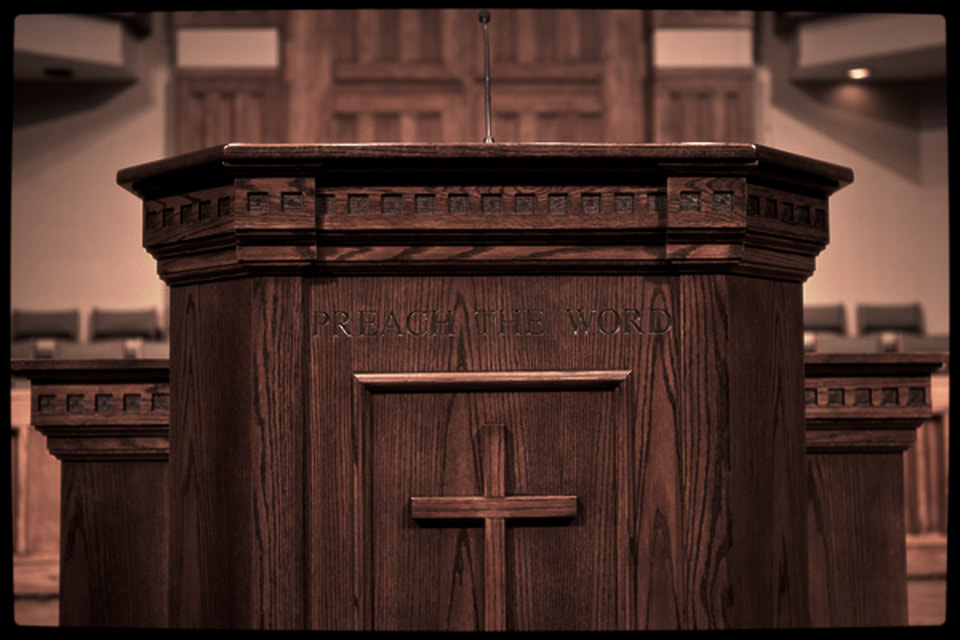The Ascended Christ Gives Gifts
But grace was given to each one of us according to the measure of Christ's gift. 8 Therefore it says, “When he ascended on high he led a host of captives, and he gave gifts to men.” 9 (In saying, “He ascended,” what does it mean but that he had also descended into the lower regions, the earth? 10 He who descended is the one who also ascended far above all the heavens, that he might fill all things.) 11 And he gave the apostles, the prophets, the evangelists, the shepherds and teachers.
Ephesians 4:7-11
Ephesians 4:7-11
